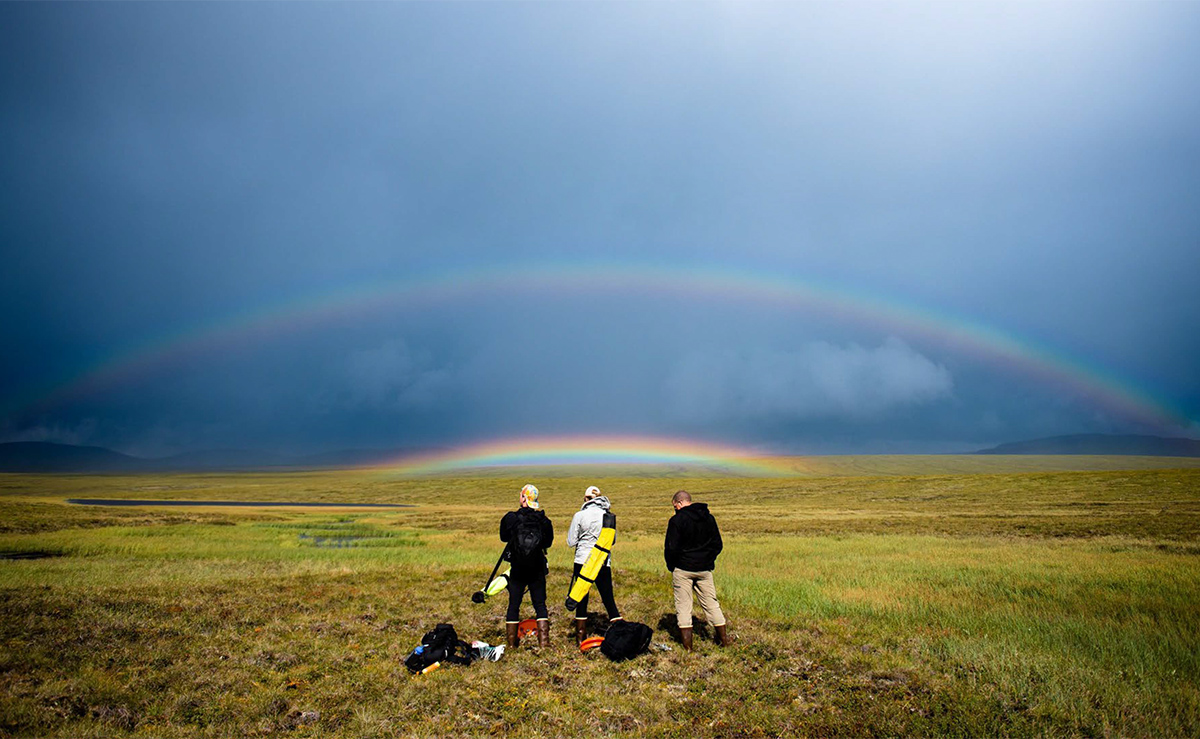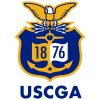
Internships
Marine and Environmental Sciences
As students progress in the Marine and Environmental Sciences major, they discover an exceptional interest in a particular field of science and desire to extend their learning through an internship or capstone research with an experienced faculty member. MES interns spend five to six weeks during their 1/c (senior) summer working with practicing professionals applying the knowledge and skills they’ve acquired during their course of study.
Impact today – several opportunities exist to work directly with operational Coast Guard units.
Future impact – what you study today will inform how the Coast Guard and maritime entities operate in the future!
Internship Opportunities
Description: NGA is “a unique combination of intelligence agency and combat-support agency, delivering world-class geospatial intelligence (GEOINT) that provides a decisive advantage to policymakers, war fighters, intelligence professionals and first responders.” Interns will learn about NGA missions, analytical tradecraft, and ways in which geospatial intelligence is used by the Department of Defense to protect the Nation. All interns will be assigned projects which will involve a great deal of independent and team-oriented work under the guidance of a senior-level supervisor and mentors. This internship satisfies the “GEOINT Internship” option for cadets pursuing the USGIF GEOINT Certificate.
Description: Interns will assist CG-PAE in data analysis (specifically GIS data), conduct small projects in support of enterprise-level studies, gain experience briefing O-6 Office Chief, and attend flag-level briefings. CG-PAE collaborates with many other HQ units, so the interns will have plenty of opportunities to interact with many different offices.
Description: Interns will participate in a Coastal Global Health Security & Telehealth Initiative program that focuses on telehealth with an emphasis on Coast Guard missions. Interns will help run the Marine Science Camp for middle and high school students in Ebeye City, Kwajalein Atoll, Republic of the Marshall Islands. The aim is to introduce cadets, along with other university students and cadets from other service academies to the impacts of telehealth and disaster management in the Pacific Islands.
Description: The internship will provide cadets an opportunity to help the Great Lakes Center of Expertise leverage cutting edge research to advance the Coast Guard’s operational response technologies. Some of the work will involve ROVs/USVs deployment, Remote sensor development, Limnology, Oil movement/impacts in freshwater, and Ichthyology. The internship focuses on the exploration of new areas and the collection of data through aquatic ROVs. Interns are also trained in standardized monitoring protocols and collect valuable data on wetland fishes, macroinvertebrates, habitat, and water quality each year to help improve our understanding of the health and changing conditions of coastal wetlands in northern Lake Huron and eastern Lake Superior.
Description: Cadets will conduct field-based and computer-based research that contributes to a global-scale geospatial model of forest characteristics affecting military mobility over terrestrial landscapes. Part of the internship (2 weeks) will involve hiking to forested field sites and making detailed tree measurements that will serve as input to the geospatial model. Work will be conducted with senior ERDC scientists and other cadets/midshipmen from USMA, USNA, and USAFA. Research conducted in Vicksburg (3 weeks) will involve computer analysis related to geospatial modeling with forest data. This model can be applied to coastal regions, such as areas with mangrove forests and other costal vegetation. Opportunities will also be available to tour and learn about the scientific research facilities at ERDC and learn how the U.S. Army Corps of Engineers approaches problem-solving in geospatial intelligence.
Description: International program centers on scientific exploration of the seafloor launched from aboard Exploration Vessel (E/V) Nautilus, a 68-meter research vessel. The Nautilus Exploration Program is run by the non-profit Ocean Exploration Trust (OET), founded in 2007 by Dr. Robert Ballard, and continues to lead the field in the telepresence-enabled exploration of our deep ocean. OET explores the ocean, seeking out multi-disciplinary discoveries while pushing the boundaries of STEAM education and technological innovation. This program trains students studying ocean science, engineering, navigation at-sea working aboard E/V Nautilus as Seafloor Mapping and Navigation Watchstanders and learn to acquire, manage, and process seafloor mapping data from a multibeam sonar, sub-bottom profiler, and auxiliary sensors. Intern will gain underway experience standing two 4-hour watches per day. Past Expedition Index on NautilusLive
Location: Variable
